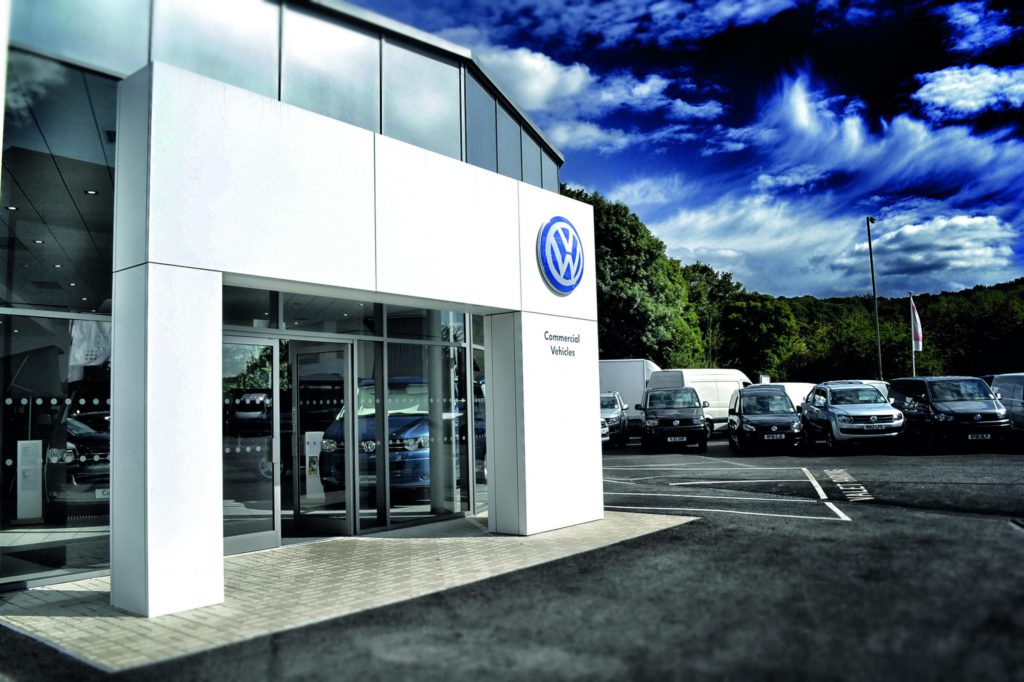Volkswagen upgrades aftersales for future mobility
03 September 2019

Volkswagen upgrades aftersales for future mobility
3 September 2019
Volkswagen Group is orienting its aftersales business towards meeting the upcoming challenges of digitalisation and e-mobility.
The company realises that as it pushes forward with its electrification programme, especially in the sale of battery electric vehicles (BEVs), there will be an impact on its aftersales business in the future. BEVs are predicted to have maintenance costs 20-30% lower than conventional vehicles due to the fewer moving parts within.
Nevertheless, the Group plans to boost sales and profit from after sales considerably over the next few years. The main drivers will be growing customer loyalty through digital services and the steady growth in the fleet of Group vehicles.
New challenges
Currently, 100 million vehicles receive support from 25,000 service centres throughout the world. By 2030, there will already be about 150 million vehicles. With sales of €15.9 billion in 2018 for genuine parts alone, aftersales accounts for a significant share in Group sales, according to a statement.
As part of the e-mobility offensive, the carmaker plans to build a warehouse for high-voltage batteries at the Kassel plant.
′After sales business has been a mainstay of the Volkswagen Group's profit for many years,' says Christian Dahlheim, head of group sales. ′Against the backdrop of the transformation towards e-mobility and digitalisation, we are working intensively to ensure that this remains the case in the future. We will continue to significantly expand this business area, which is important for us and our service partners in the future.'
Electric dreams
The goal of the Volkswagen Group is to have a neutral carbon balance by 2050. The Group has launched the most ambitious electrification offensive in the automotive industry. By 2028, about 70 full-electric models are to be launched and the Group will be investing about €30 billion in e-mobility up to 2023.
With the numbers of electric vehicles already planned, up to 3 million throughout the Group by 2025, the electric share in their total vehicle fleet will probably reach between 10% and 15% by 2030. Conventional vehicles with higher maintenance potential will therefore continue to account for a significant share of the vehicle fleet over the years to come.
Data access
The Volkswagen Group also sees considerable potential for boosting customer loyalty through the consistent digitalisation of sales processes and the networking of vehicles.
′Digital aftersales is our answer to the transformation of the automotive industry and the resulting strategic challenges for the aftersales business model,' adds Imelda Labbé, head of group aftersales. ′Together with our service partners, we will address our customers considerably more individually than is currently the case and will significantly strengthen their loyalty. Vehicle maintenance will become an all-in experience: more convenient, more efficient and more transparent than ever before.'
The joint use of data by dealers and the manufacturer, subject to the approval of the customer, will allow customers to be contacted in a much more individual way than is currently the case.
At the service workshops themselves, digitalisation will make many processes considerably more efficient. Currently, an average workshop order gives rise to about 80 minutes of administrative work on up to 15 different systems. With the introduction of the future system generation of digital aftersales, the aim is to limit administrative work to an average of only 15 minutes. This would represent a drastic reduction of more than 80%.